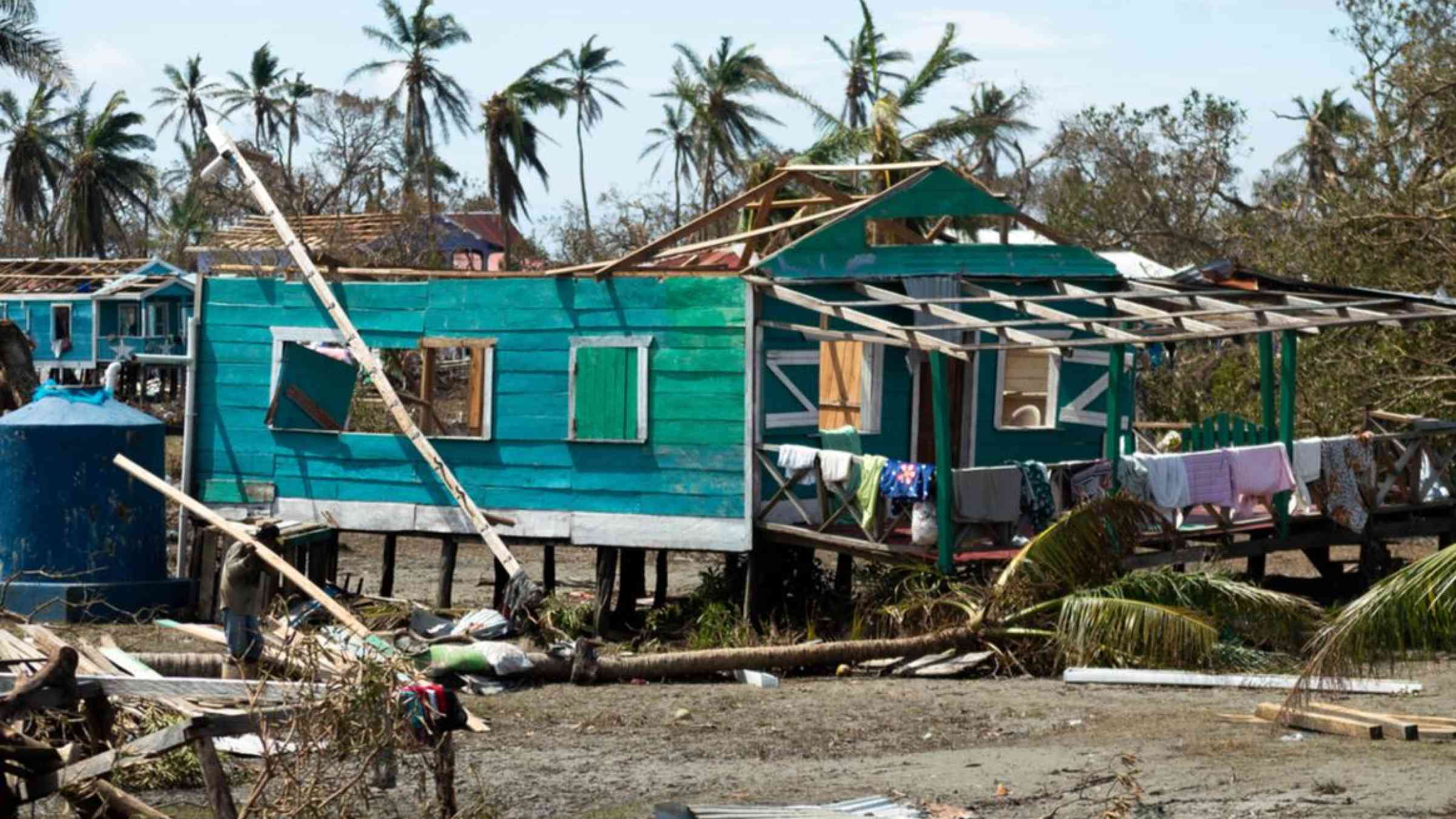Extreme events in human evolution: From the Pliocene to the Anthropocene

About this Research Topic
Extreme events and natural hazards are frequent occurrences on our unstable planet. Extreme events (e.g., rapid climate change, drought, floods, tsunamis, landslides, volcanic eruptions, earthquakes etc.) were part and parcel of past environments and have affected - perhaps dramatically so at times - the biological and cultural trajectories of past human populations. Extreme events are also predicted to become more common, severe and costly in the future. Therefore, exploring their role in human prehistory and history and asking whether we can derive lessons for the future from these past occurrences has become an urgent matter. In order to understand the potential of contemporary and future extreme events to impact human societies, it is critical to understand the mechanisms of how they may have occurred in the past, to elucidate their effects, and seek commonalities.
We seek to put focus how the evidence base of Pleistocene and Holocene calamities can be brought into play in (a) understanding human biological and cultural change in the past, and (b) how such past cases may inform the discussion about sustainability and disaster risk reduction in the Anthropocene present and future. In particular, we encourage studies to explicitly link past extreme events to their contemporaneous human impacts as well as to contemporary concerns.
This Research Topic welcomes contributions from across relevant disciplines, including but not limited to the Earth Sciences, Geography, Palaeoecology, Palaeoanthropology, Environmental History and Archaeology. Global in scope and not limited to specific types of extreme events or natural hazards, we hope to compare and contrast differing methods and datasets that address the character and role of extreme events in human biological and cultural evolution.
Keywords: extreme events, natural hazards, human evolution, cultural evolution, climate change
Important Note: All contributions to this Research Topic must be within the scope of the section and journal to which they are submitted, as defined in their mission statements. Frontiers reserves the right to guide an out-of-scope manuscript to a more suitable section or journal at any stage of peer review.
Submission Deadlines
- 30 March 2021: Abstract
- 30 July 2021: Manuscript